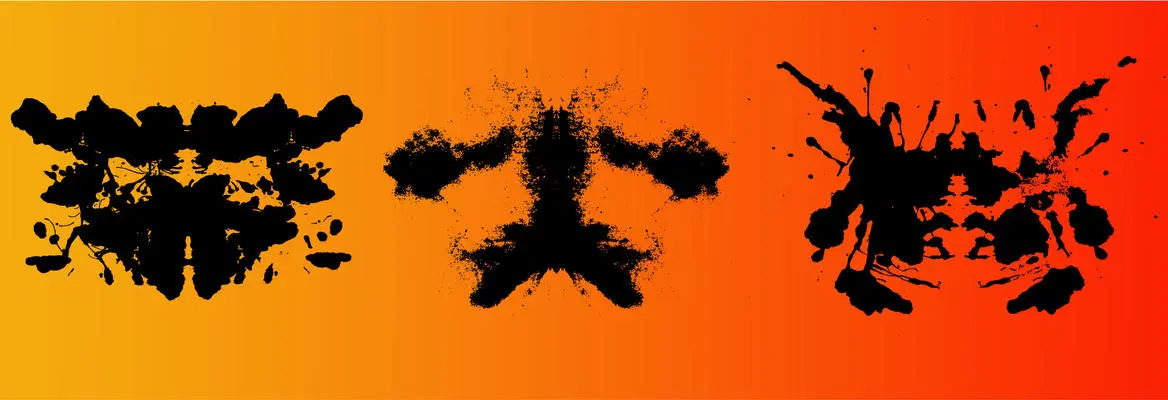Through an in-depth look at the inner workings of psychoanalysis, and a look into the logic of CBT, we are able to compare the two. While CBT will work for some with its more practical focus, others will benefit more from psychoanalysis’ deep look into the peculiarities of our psyches and the unconscious, writes Denise Cullington.
Based on his observations of himself, his dreams and impulses, and on his work with patients, Freud discovered a part of mind that was not available to logical scrutiny, it was the unconscious.
This includes what is less available because it stems from earliest experience, before there were words in which to ‘think’. But, Freud argued, the unconscious also stems from feelings which are shameful, conflictual – and we expend energy in pushing such disturbing feelings from our minds. We may experience anxieties and bodily symptoms, but we no longer know what it is that disturbs us.
Even when early experience is good enough, we are inevitably faced with conflict. We want to have our mother (or primary carer) all to ourselves. We are jealous when she pays attention elsewhere. We want to be ‘his Majesty the baby’. The one and only. Ways of managing such feelings can be by repressing them and by projecting them, seeing them in another, subtly nudging them and criticising them.
Even when early experience is good enough, we are inevitably faced with conflict.
An example of this is Freud’s Little Hans, a five year old boy who had suddenly acquired a fear of being bitten by a horse, having seen one in the street being beaten and falling down. Freud worked by speaking with the boy’s father. The little boy spoke of wishing to return to the summer, before his little sister had been born and, his father away, he had his mother all to himself. He wanted to be grown up like his father and be the one to give his mother babies, and he also wanted to be loved by his father and given babies by him.
Little Hans’ anxious fears of punishment for such wishes were made worse by the sight of his baby sister unclothed and the evidence that his penis might be lost. (And he had a dream of a plumber taking away the tap in the bath). The fact of the father acknowledging non-judgementally his wish to get him out of the way as well as his little sister, was relieving to Little Hans and his anxieties receded. His father was felt no longer as so dangerously ‘biting’.
Little Hans was a rival with his father – but he also loved him. At the same time he was a rival with his loved mother for the exclusive love of his father. This Oedipal conflict is painfully unwinnable. It is given an extra spin of anxiety with growing awareness of sexual difference, of who has what: if a penis, might his be lost? If not, has hers been lost? Does she have anything else of worth?
Based on external experiences, and also our own impulses and anxieties, we build a model of how we expect the world to be, an internal world.





















Join the conversation